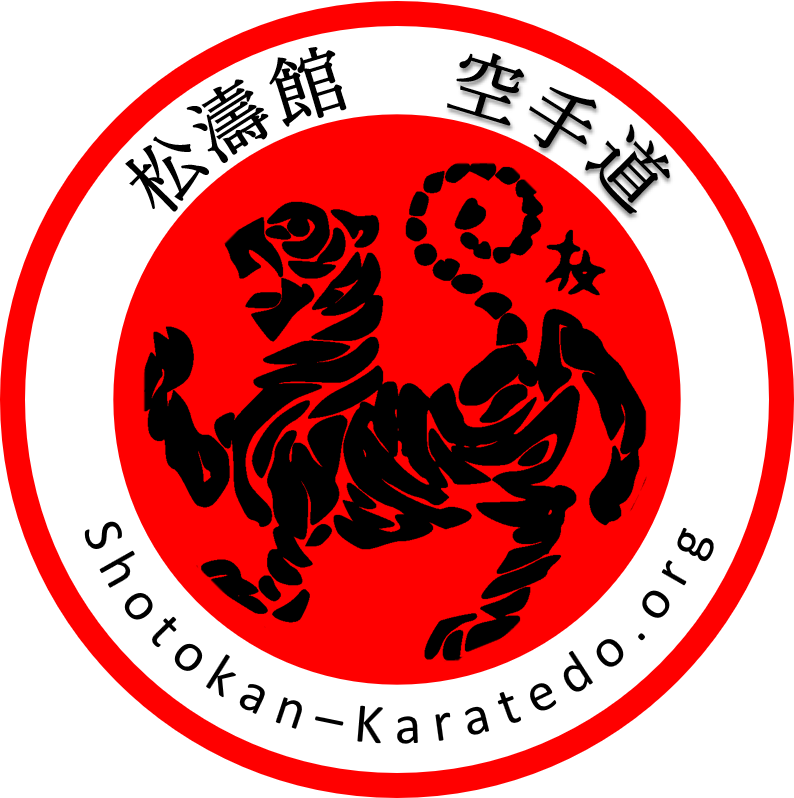
Bassai Dai
披塞大
Originally called ‘Passai’, this oldest and most representative kata of Okinawan karate was allegedly passed down by Soken Matsumura from the nineteenth century, the chief bodyguard to the King of Okinawa. His nickname later became ‘Bushi’, meaning ‘warrior’. When Gichin Funakoshi (1868 – 1957) many years later took this kata to mainland Japan, without a name to translate it to, he substituted it with a similar sounding Kanji: Bassai (or 披塞 in Japanese). This name can be literally translated as ‘extract from a fortress’, ‘destroy a fortress’, or ‘remove an obstruction’. It is most often translated as ‘Penetrate the Fortress’, meaning that one must exhibit the power and mindset to break through an enemy’s castle. This version of the Bassai kata is named ‘Dai’ (or 大 in Japanese), which means ‘big’. In the video embedded below (recorded on 12 June 2023), budoka Johan Oldenkamp, a former national runner-up from the Netherlands, performs this big version of the Penetrate the Fortress kata of Shotokan ( 松濤館 ) Karatedo ( 空手道 ).
© Shotokan-Karatedo.org : This page was last updated on 2023/06/21.